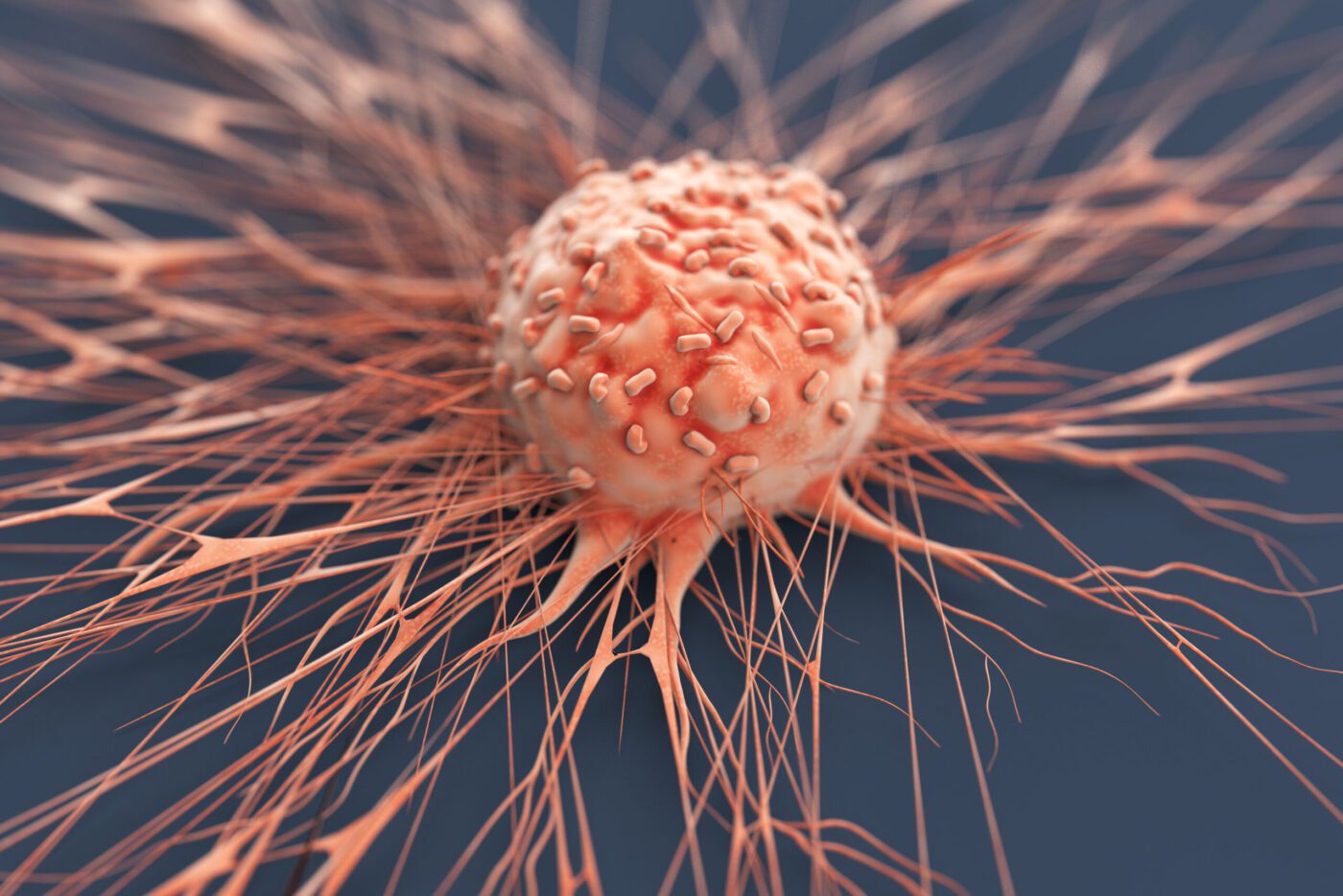
Cancer is known as a deadly disease all over the world. However, if the disease is caught in the early stages, it can be cured with treatment. And if it is not caught then cancer gradually spreads and takes people to the door of death.
This disease can be easily identified through various tests in developed countries outside. But in a developing country like ours, it is difficult, time-consuming and costly. But looking at several external changes can tell whether someone is suffering from cancer or not.
But is it possible to determine from the outside if someone can get cancer in the future?
A recent study by the ‘World Cancer Research Fund International’ says that it is also possible. According to the study, the higher the height, the higher the risk of cancer.
People who are taller are several times more likely to get cancer of the uterus, prostate, pancreas, breast and kidney. Relatively shorter people are safer.
Researchers have come to this conclusion after carrying out extensive research on whether there is a relationship between cancer and the diet, weight and physical activity of citizens in all countries of the world.
It is also known from that study that with every 5 cm increase in height, the chance of developing kidney cancer increases by 10 percent. 11 percent of long-lived women may develop breast cancer before or after menopause.
In addition, the probability of being affected by uterine, pancreatic, rectal and prostate cancer increases by eight, seven, five and four percent respectively.
But what is the relationship between height and cancer?
Researchers say, in this case, the most important factor in determining cancer is not someone’s height. Head to toe distance. It is not possible to change the height acquired at birth.
In addition to height, what other symptoms will you notice?
Fatigue despite adequate rest, abnormal weight loss, abscesses or tumors everywhere in the body, unexplained aches, pains, shortness of breath, cough, chest pain, bloody urine and fever at night.
If you see these symptoms, the researchers advise you to go to a specialist doctor and get the necessary treatment without delay.


